Dense three-dimensional integration of photonics and electronics results in a high-speed (800 Gb s−1) data interface for semiconductor chips that features 80 communication channels and consumes only tens of femtojoules per transmitted bit.
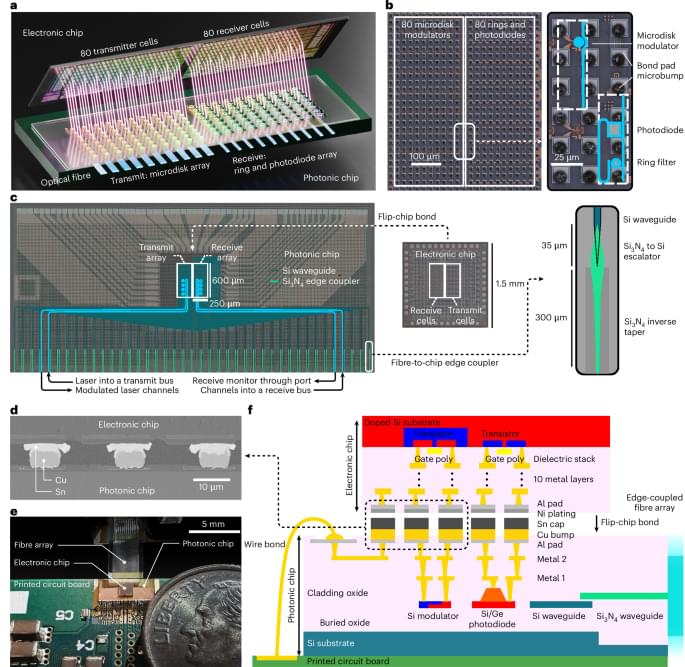

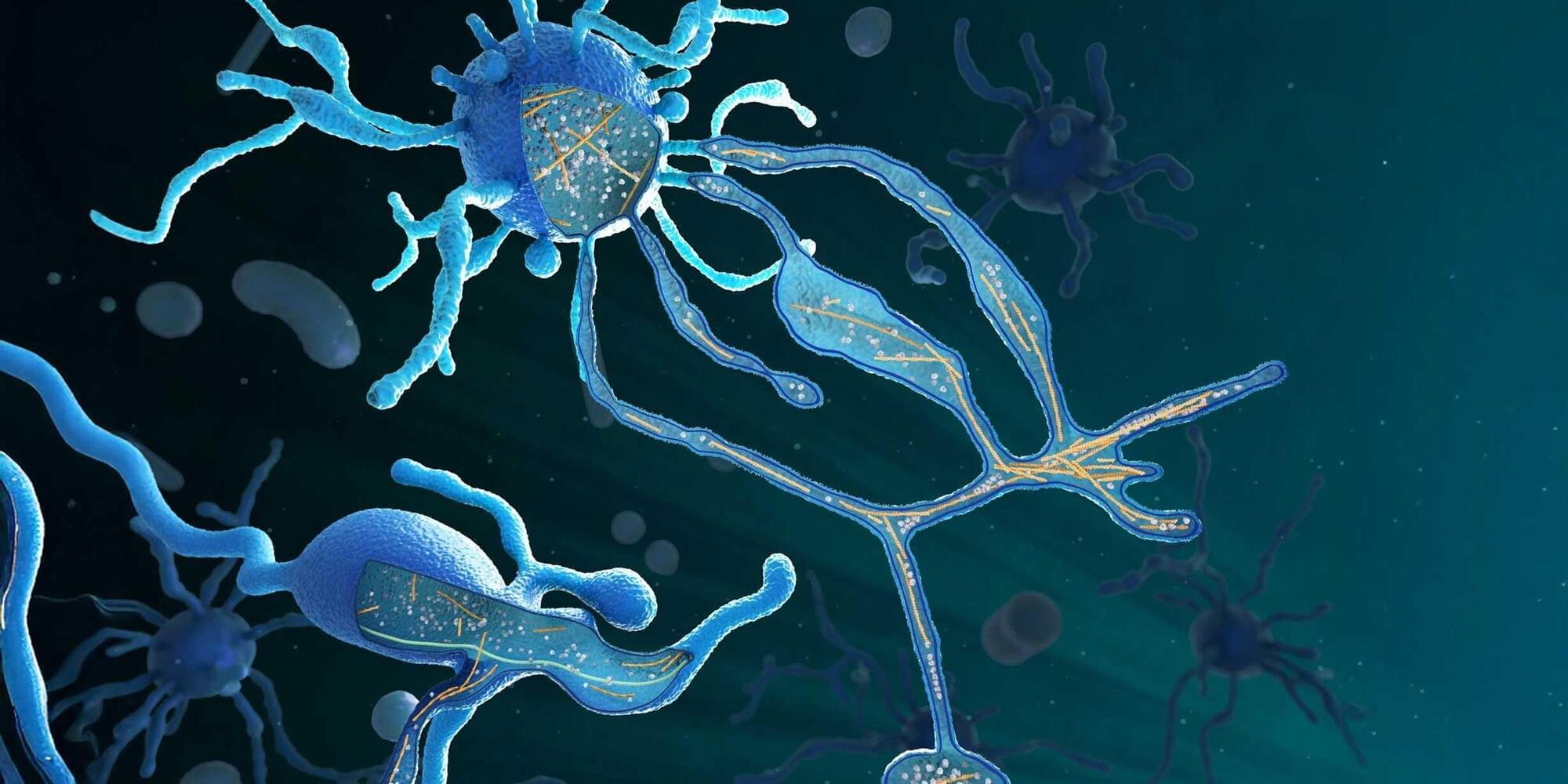
Ten years ago, nobody knew that Asgard archaea even existed. In 2015, however, researchers examining deep-sea sediments discovered gene fragments that indicated a new and previously undiscovered form of microbes.
With computer assistance, the researchers assembled these fragments like puzzle pieces to compile the entire genome. It was only then that they realized they were dealing with a previously unknown group of archaea.
Like bacteria, archaea are single-celled organisms. Genetically, however, there are significant differences between the two domains, especially regarding their cell envelopes and metabolic processes.
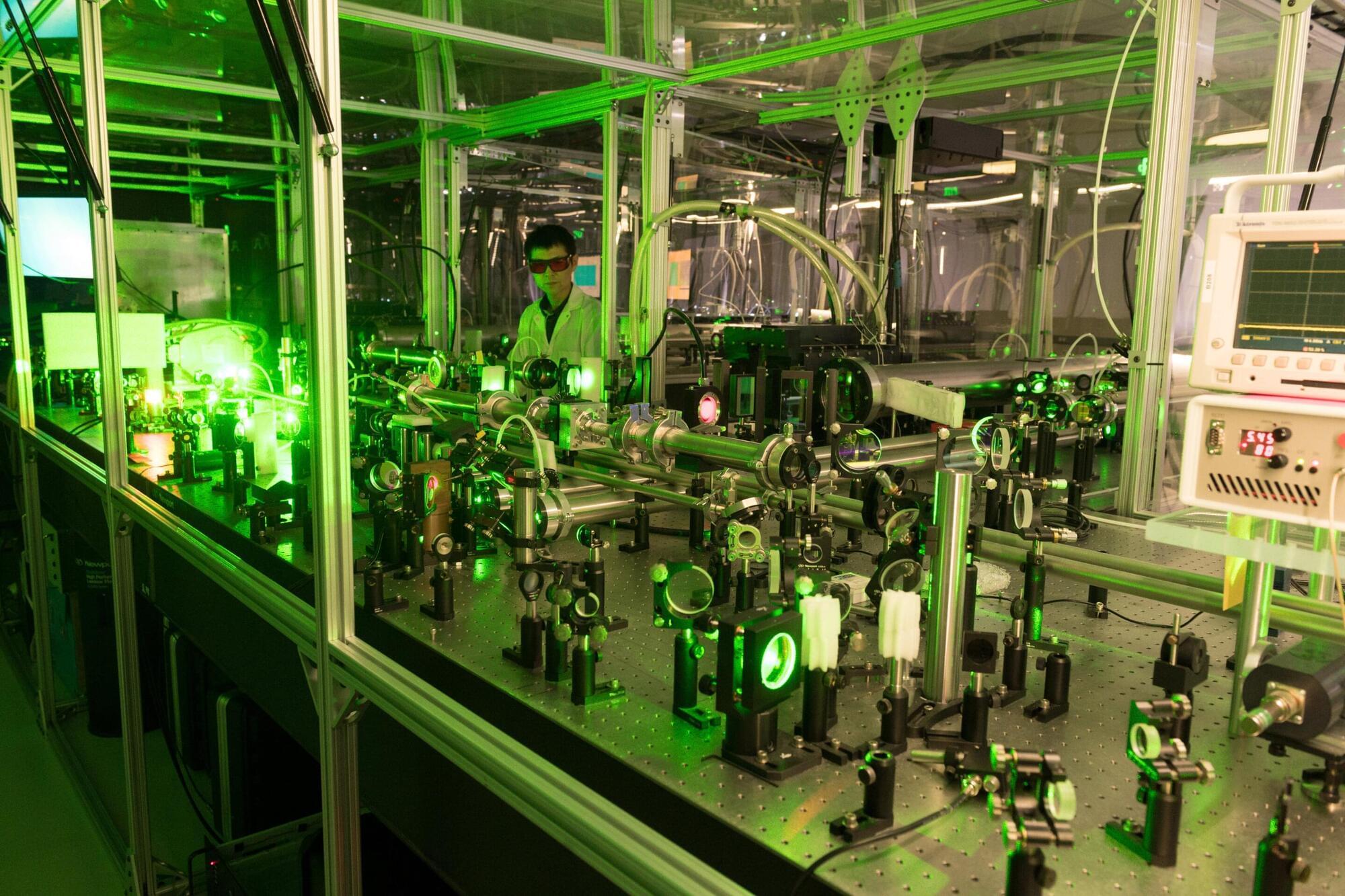
A research team led by Colorado State University has achieved a new milestone in 3D X-ray imaging technology. The scientists are the first to capture high-resolution CT scans of the interior of a large, dense object—a gas turbine blade—using a compact, laser-driven X-ray source.
The findings, published in Optica, describe the science and engineering behind this new radiographic imaging capability and its potential benefits for a range of industries, from aerospace to additive manufacturing.
The project is a years-long collaboration between researchers at CSU’s Departments of Electrical and Computer Engineering and Physics and Los Alamos National Laboratory, with participation from AWE in the U.K.
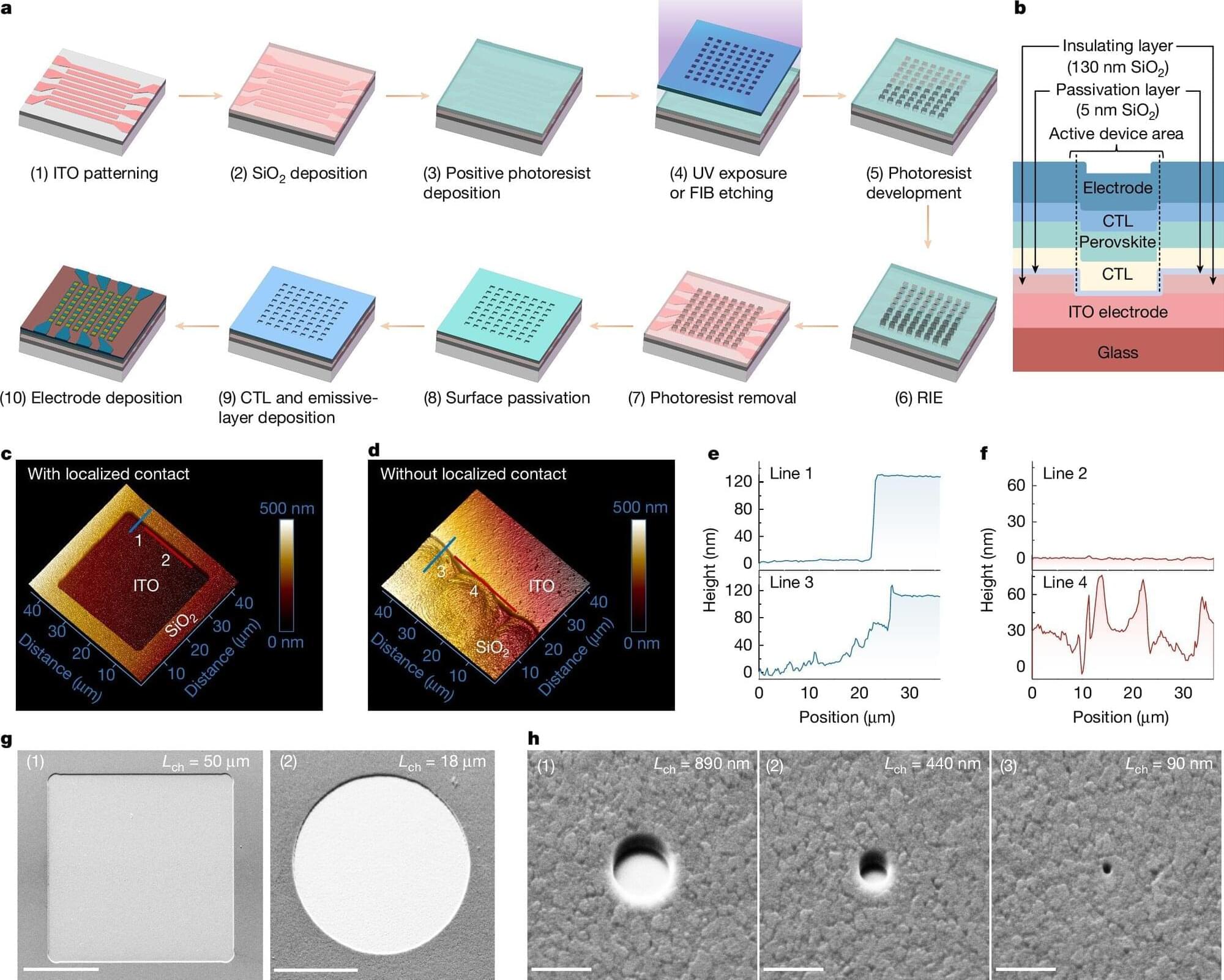
A team of physicists, engineers, opticians and photonics specialists at Zhejiang University, in China, working with a pair of colleagues from the University of Cambridge, in the U.K., has found a way to make pixels smaller by using perovskite. In their paper published in the journal Nature, the group describes how they used the mineral to create pixels as small as a virus.
As the research team notes, the rallying cry for electronics in the modern age is to add more technology to ever smaller base units. For computers, for many years, the goal was to double the number of transistors on a single integrated circuit. Similarly, reducing the size of pixels in video displays has led to sharper and sharper imagery.
The current standard for digital display technology is micro-LED, which is based on II-V semiconductors. Unfortunately, such technology becomes too expensive and inefficient to make pixels any smaller than the size currently in use. This led the team to wonder if a different base material might allow the creation of smaller pixels that would be both cost-effective and efficient. They turned to perovskite, the same mineral that is currently being investigated as a replacement for silicon in solar cells as a way to reduce costs.
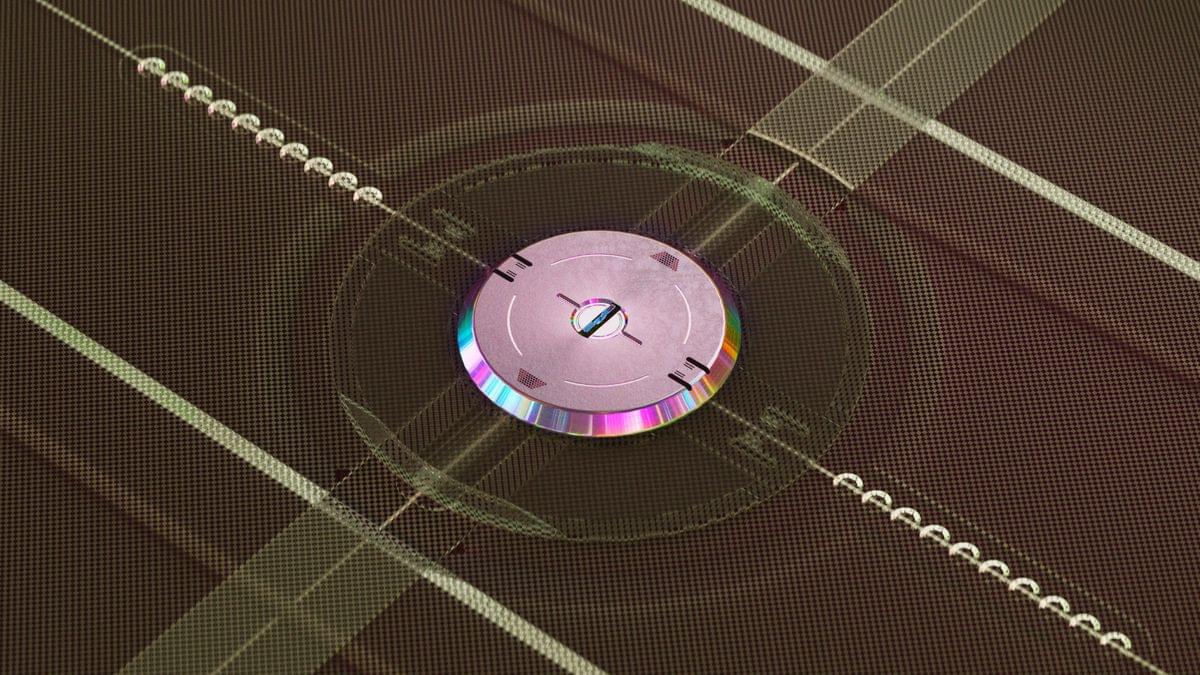
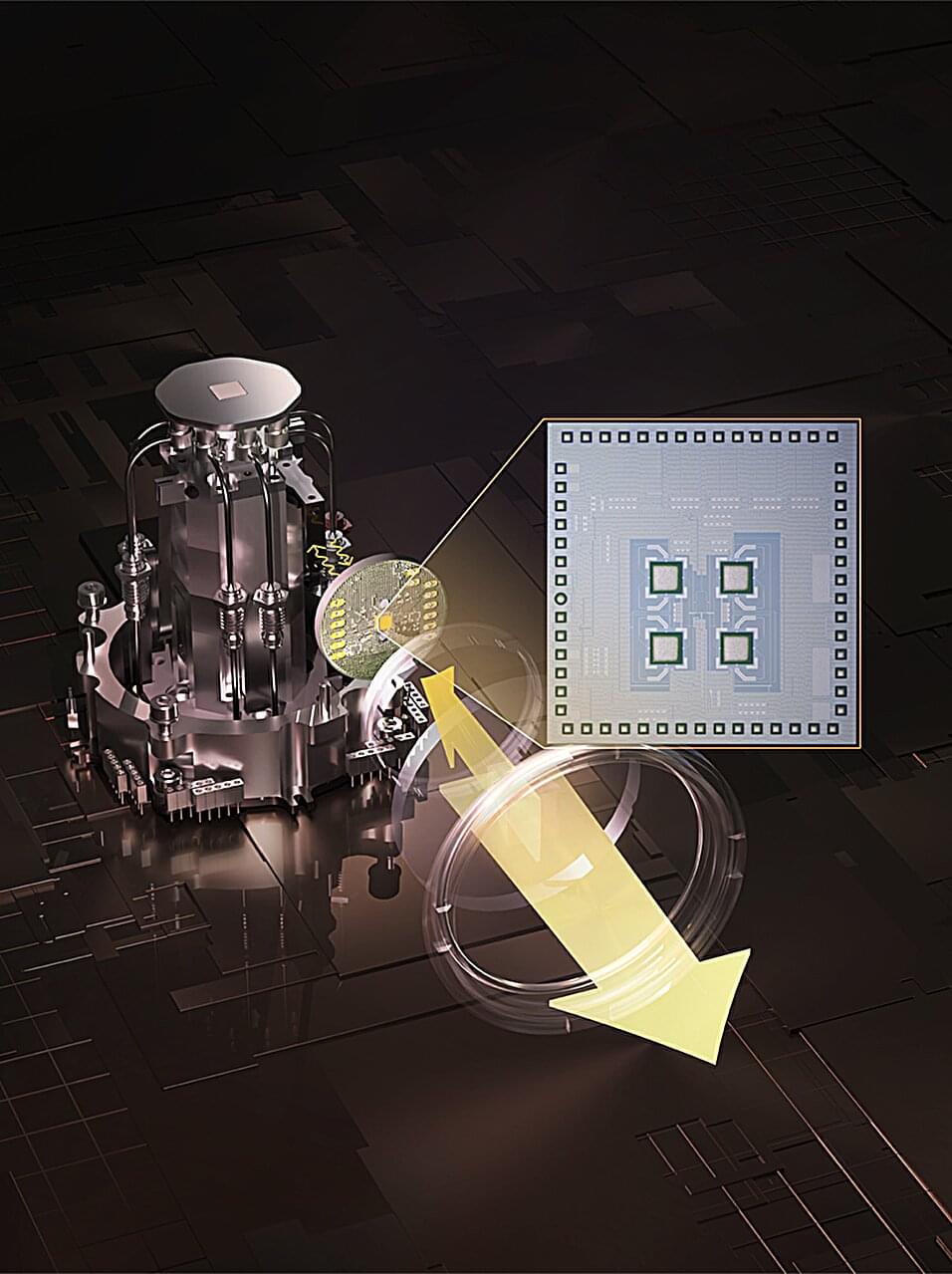
Quantum computers, devices that process information leveraging quantum mechanical effects, could outperform classical computers in some complex optimization and computational tasks. However, before these systems can be adopted on a large-scale, some technical challenges will need to be overcome.
One of these challenges is the effective connection of qubits, which operate at cryogenic temperatures, with external controllers that operate at higher temperatures. Existing methods to connect these components rely on coaxial cables or optical interconnects, both of which are not ideal as they introduce excessive heat and noise.
Researchers at the Massachusetts Institute of Technology (MIT) recently set out to overcome the limitations of these approaches for connecting qubits and controllers, addressing common complaints about existing connecting cables. Their paper, published in Nature Electronics, introduces a new wireless terahertz (THz) cryogenic interconnect based on complementary metal-oxide semiconductor (CMOS) technology, which was found to minimize heat in quantum processors while effectively transferring quantum information.

A drug-resistant type of bacteria that has adapted to health care settings evolved in the past several years to weaponize an antimicrobial genetic tool, eliminating its cousins and replacing them as the dominant strain. University of Pittsburgh School of Medicine scientists made the discovery when combing through local hospital data—and then confirmed that it was a global phenomenon.
The finding, published in Nature Microbiology, may be the impetus for new approaches in developing therapeutics against some of the world’s deadliest bacteria. It also validates a new use for a system developed at Pitt and UPMC that couples genomic sequencing with computer algorithms to rapidly detect infectious disease outbreaks.
“Our lab has a front row seat to the parade of pathogens that move through the hospital setting,” said senior author Daria Van Tyne, Ph.D., associate professor of medicine in Pitt’s Division of Infectious Diseases. “And when we took a step back and zoomed out, it quickly became apparent that big changes were afoot with one of the world’s more difficult-to-treat bacteria.”
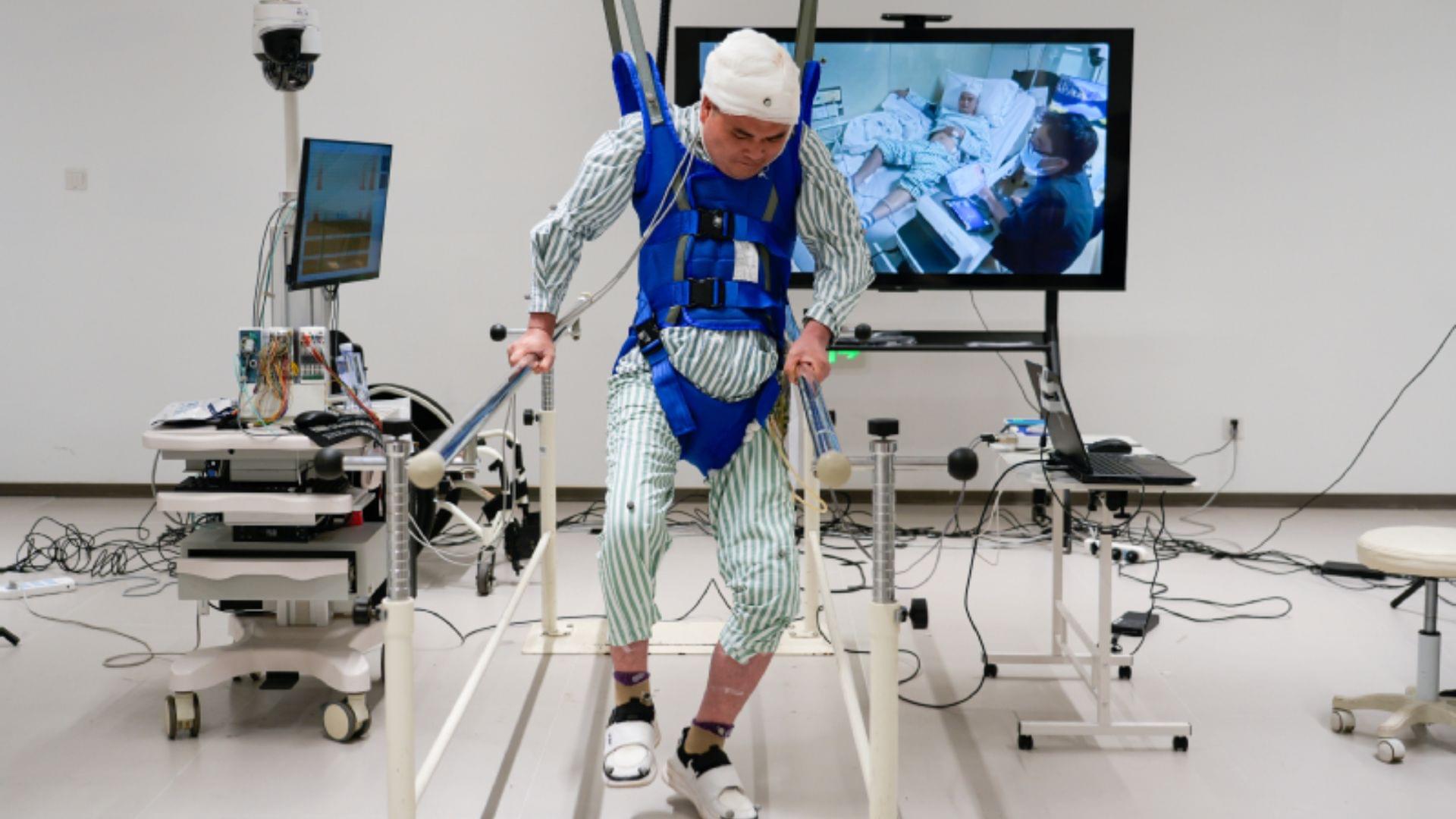
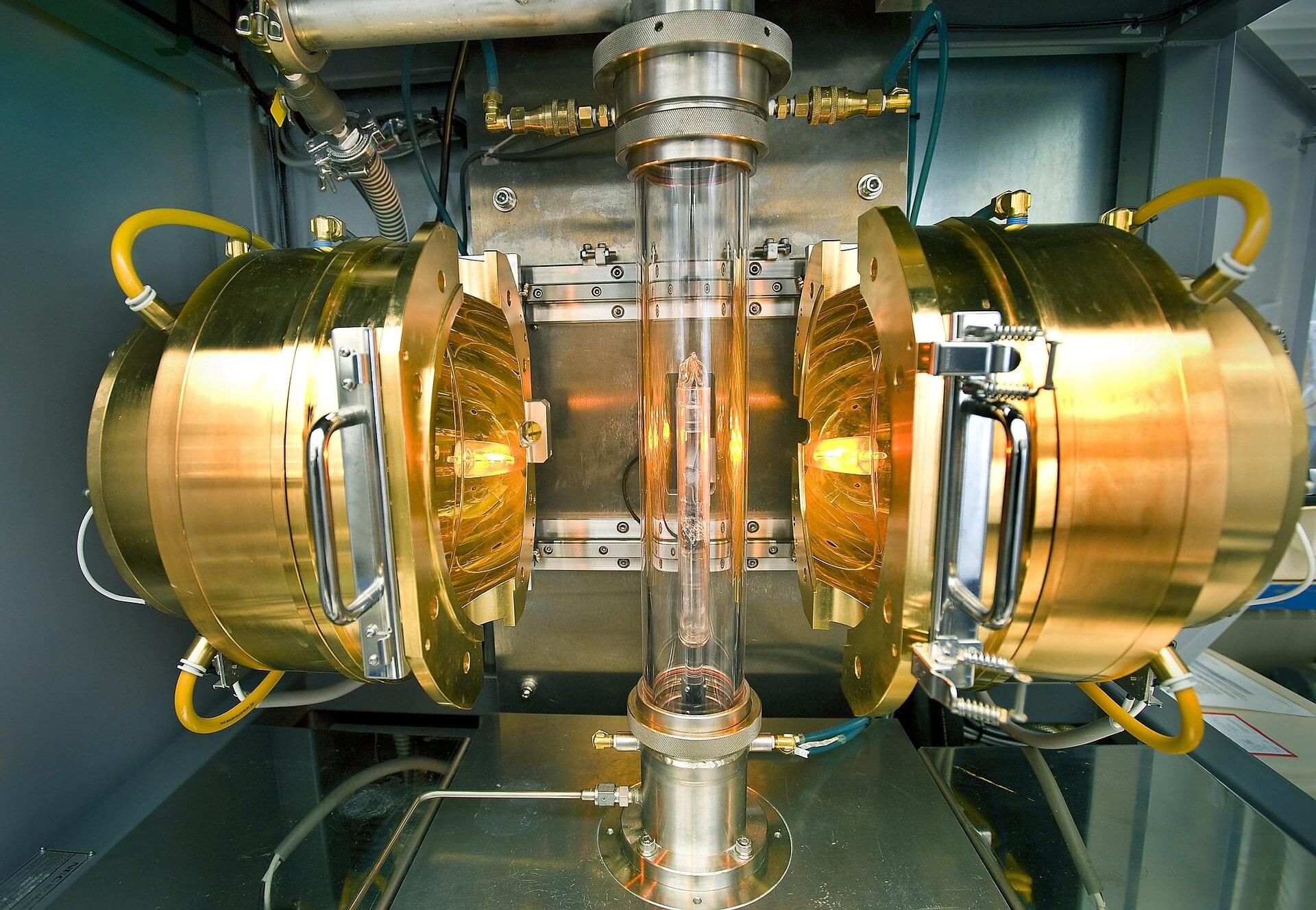
Scientists from the RIKEN Center for Emergent Matter Science (CEMS) and collaborators have discovered a new way to control superconductivity—an essential phenomenon for developing more energy-efficient technologies and quantum computing—by simply twisting atomically thin layers within a layered device.
By adjusting the twist angle, they were able to finely tune the “superconducting gap,” which plays a key role in the behavior of these materials. The research is published in Nature Physics.
The superconducting gap is the energy threshold required to break apart Cooper pairs—bound electron pairs that enable superconductivity at low temperatures. Having a larger gap allows superconductivity to persist at higher, more accessible temperatures, and tuning the gap is also important for optimizing Cooper pair behavior at the nanoscale, contributing to the high functionality of quantum devices.
A team of researchers at Peking University claims to have made a breakthrough in chip technology, potentially reshaping the semiconductor race.
Their newly developed 2D transistor is said to be 40% faster than the latest 3-nanometre silicon chips from Intel and TSMC while consuming 10% less energy. This innovation, they say, could allow China to bypass the challenges of silicon-based chipmaking entirely.
“It is the fastest, most efficient transistor ever,” according to an official statement published last week on the PKU website.
Led by physical chemistry professor Peng Hailin, the research team believes their approach represents a fundamental shift in semiconductor technology.
Peking University researchers have developed a 2D transistor that operates 40% faster and uses 10% less energy than leading silicon chips.